JournalismPakistan.com | Published January 16, 2018 | Myra Imran & Imran Naeem Ahmad
Join our WhatsApp channel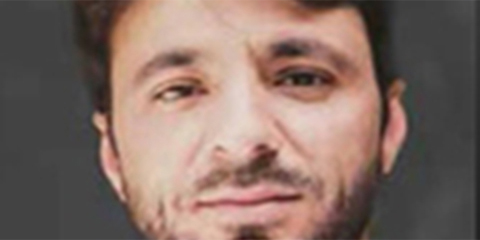
This story is one of 10 case studies highlighting the economic condition of slain journalists’ families and the displaced reporters. Journalist Myra Imran traveled to remote and high-risk districts in Khyber Pakhtunkhwa and FATA to interview family members, their relatives, displaced journalists, and office-bearers of press clubs and journalist unions. The stories are part of a field study report Surviving the Story, launched on January 8, 2018, a collaborative initiative of JournalismPakistan.com and Communications Research Strategies (CRS).
Shugafta Naz knew her husband was risking his life being a journalist. She tried telling him to take up something else but he was not convinced.
On April 17, 2010, Azmat Ali Bangash of Samaa and PTV was murdered while on a reporting assignment at an IDPs camp, about 65 kilometers from Peshawar. As people rushed to get food at the Kacha Paka camp, two suicide bombers struck one after the other. Azmat survived the first attack and stayed on to report. It was the second blast that ended his life. He was among 41 people killed that day, with over 60 injured. He belonged to Village Ibrahimzai in Hangu District.
Shugafta sobs as she recalls that tragic day. “Someone called him to come to the IDPs camp and he hurriedly left that morning. Shortly after noon, we were informed he was injured but family found him dead on arriving at the scene.”
His sudden death left the family distraught. His ailing father could not bear the son’s loss and passed away. Life turned into a nightmare for Shugafta, a mother of three – two daughters and a son. “These seven years have been a constant struggle ; children’s education, clothing, day-to-day expenses etc.”
Azmat kept the family well, taking care of all the necessities. There were no worries.
Shugafta is a matriculate but finds it difficult to work because of cultural taboos in her conservative area. “Working women are looked down here. People make up stories about them.” She says: “They study at the most till FSc . and are married off expected to take care of home and children. Besides there are few work opportunities here.”
“Some married women do take up jobs here”, she discloses, “but there is no such option for widows.”
“Honor for women is to stay at home”, her brother-in-law cuts her short. He is the one supporting her family.
Shugafta said no one helped them in their time of distress; the journalist unions, the press clubs and the news organizations her spouse worked for. Only MNA Marvi Memon visited them back then and promised a job for Shugafta’s brother-in-law. He did get a job but “not what she promised.”
Azmat’s younger brother Shahzad Ali, one of 10 siblings says a lot of people promised to help them. Among them was Qamar Zaman Kaira, the then information minister. “He announced support of Rs500,000, a plot of land, children’s education, but nothing materialized.”
Shahzad laments that even the press club and the journalist unions did not extend help, even though he reminded them it can happen to their families one day. “They should at least visit the affected families and help evolve a support system. Journalists after all are like family.”
Azmat, an MSc in Political Science, used to receive threats because of his work but
never let the family know. “He knew his father was unwell and would worry. He worked in extremely difficult situations, in a region others were reluctant to work.”
Shahzad remembers his brother as an affectionate man who would go out of his way to help the needy. He had even set up an office at the local courts to serve his community. He once ran for councilor and won. A popular man, he did a lot for his people.
When he died, the family received a letter from then Prime Minister Yousaf Raza Gilani informing them that gas had been approved for their area. “My brother had strived to get gas and the letter specifically mentioned this.”
Shugafta misses her spouse a lot. “He was a caring and loving husband and an affectionate father. He loved the kids and his parents.”
She says her husband wanted his son Ali Azmat, now in Grade 8, to become a doctor but he is interested in becoming a pilot. The daughters in Grade 4 and 2 would go on to be doctors or teachers. That is what their father wished.
Related:
Musa Khankhel – Truth silenced
Saleem Tahir - A tragic misfortune
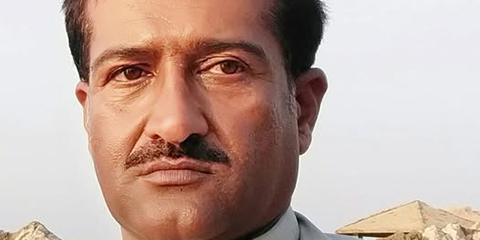
May 24, 2025: Baloch journalist Latif Sajidi was shot dead by unidentified gunmen in his home in Awaran, Balochistan. His family has faced similar violence before, including enforced disappearances. Media silence raises concerns over press freedom and safety.
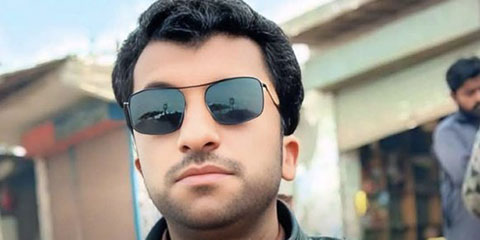
April 11, 2025: Sindhi journalist AD Shar was brutally murdered in Khairpur, Sindh. His body was found dumped on Handiyari Link Road. PFUJ has declared a three-day mourning period and demanded justice.
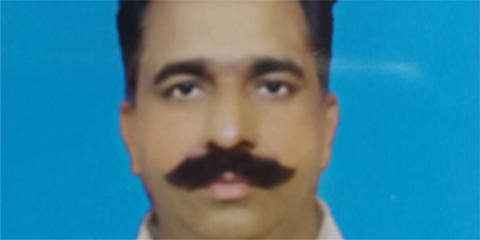
December 15, 2024: Journalist Malik Zafar Iqbal Naich was tragically shot dead in Rahim Yar Khan while distributing newspapers. The IFJ and PFUJ strongly condemn the killing, urging swift justice amid Pakistan's deteriorating safety for journalists.
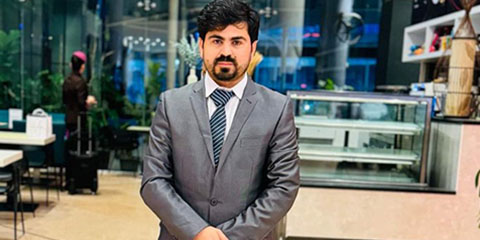
November 22, 2024: Young journalist Jinan Hussain becomes Pakistan's 11th media casualty of 2024 in a devastating attack on a passenger convoy in Kurram district that claimed 41 lives near the Afghan border.
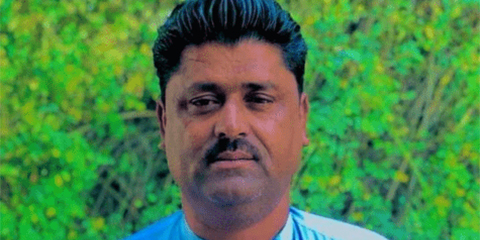
August 28, 2024: Sindh Chief Minister Syed Murad Ali Shah has ordered immediate action following the murder of journalist Mohammed Bachal in Ghotki. The government is intensifying anti-dacoit operations.
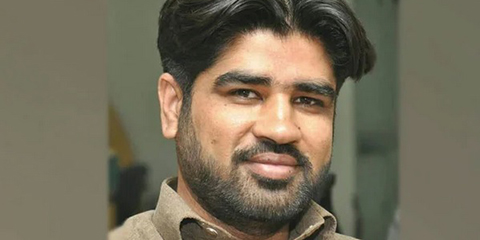
July 14, 2024: In Nowshera, Khyber Pakhtunkhwa, journalist Malik Hassan Zaib was shot and killed by motorcycle assailants. The Khyber Union of Journalists and Peshawar Press Club have condemned the attack, calling for swift justice. This marks the third journalist killing in the region within two months.
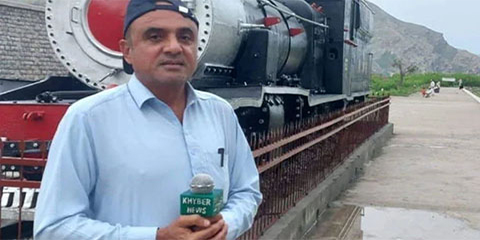
June 18, 2024: Khyber News Television correspondent Khalil Jibran was tragically shot dead in Landi Kotal, District Khyber. The journalist, who had previously received threats, was ambushed and killed while returning home. This incident highlights the growing dangers faced by journalists in Pakistan.
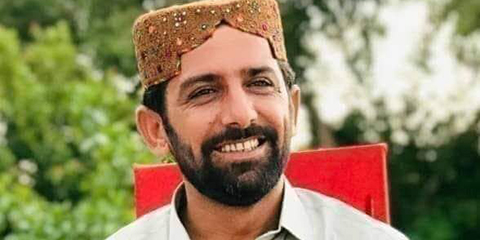
May 24, 2024: Journalist Nasrullah Gaddani, known for highlighting civic issues in Sindh, was fatally shot in Kori Goth. Despite facing repeated arrests and threats, he continued his courageous reporting. His death underscores the dangers faced by journalists in Pakistan and calls for stronger protection and justice.
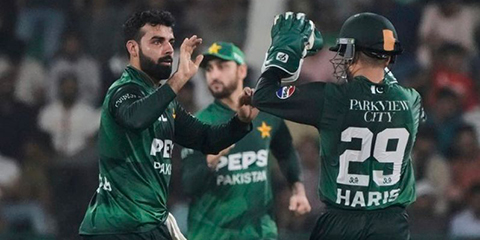
June 11, 2025 Pakistan celebrated a narrow win over Bangladesh, but beneath the jubilation lies a deeper crisis—from sidelined veterans to a collapsing domestic structure—signaling an urgent need for cricket reform.
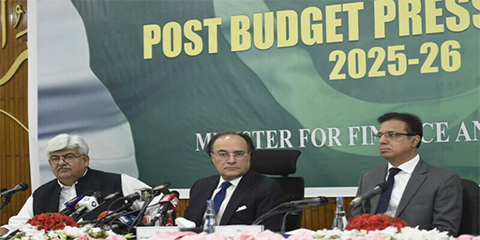
June 11, 2025 Journalists walked out of the post-budget press conference in Islamabad to protest the absence of a technical briefing and the government's dismissive behavior, calling it unacceptable and intolerable.
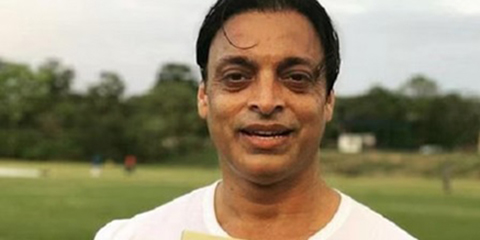
May 31, 2025 Dr. Nauman Niaz has issued a defamation notice to Shoaib Akhtar over derogatory remarks made during a recent broadcast, reigniting a longstanding media feud between the two prominent figures in Pakistan.

May 30, 2025 The Human Rights Commission of Pakistan has demanded the full repeal of PECA, citing its vague language, coercive powers, and threats to free speech and digital rights in Pakistan.
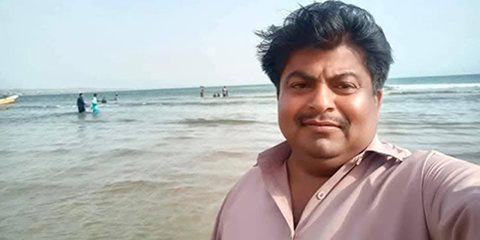
May 30, 2025 The Pakistan Federal Union of Journalists (PFUJ) has condemned the murder of journalist Syed Mohammed Shah in Jacobabad, calling for urgent justice and improved safety for media professionals in Sindh.